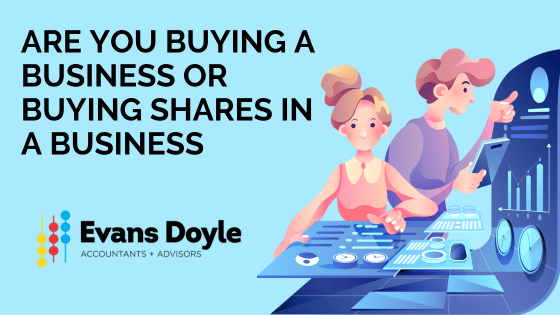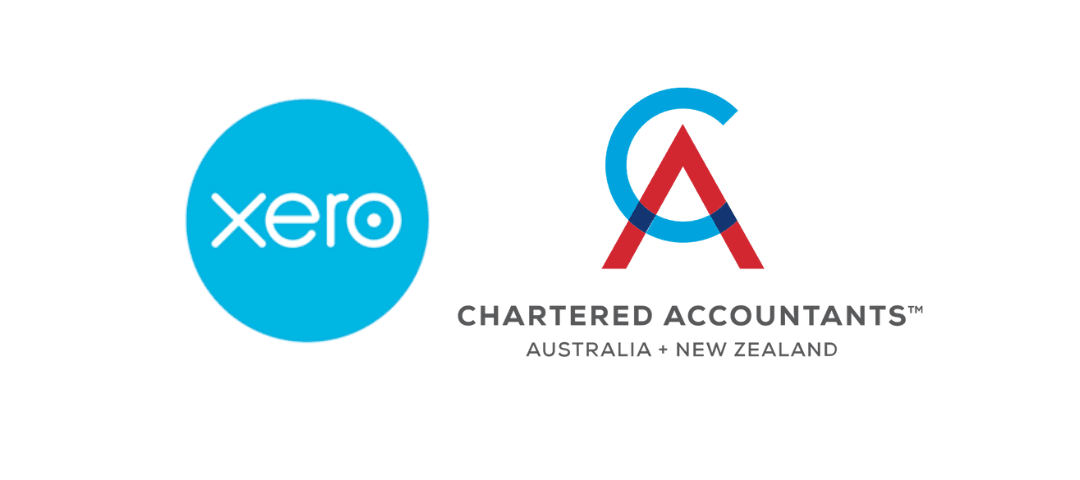There is a fundamental difference between buying a business and buying shares in a business (company). The differences are significant, and they can cause confusion. For example, what happens to the cash in the bank account on the day the business is sold? This depends on if the business is being sold or if the shares in the business (a company) are being sold.
This article will explore the key differences between buying a business and buying shares in a business to help potential investors make informed decisions.
If you are buying a business, we usually recommend that you purchase the business, not the shares, because you have a clean slate to start with and are not liable for the previous owner's historical risk. Buying shares in a company can work. However, it is generally best when an owner is selling only part of their business, not the entire business.
For simplicity, this article refers to businesses structured as a company. A company has shares in which each share represents a fraction of ownership. A company is a separate legal entity from the shareholders.
Buying a Business
When you buy a business, you are buying the assets of an existing company, not the company itself. This is an important distinguishment; the business is separate from the company. The business sale normally includes trading stock, work in progress, fixed assets, and intangible assets. The intangible assets can refer to a goodwill component which represents the customer base, future income stream, branding, and reputation. Each component of the business purchase will have a price (together being the total business purchase price).
In buying a business, the purchaser is not buying the company. Therefore, the purchaser is not buying the bank account balance or taking over the assets and liabilities of the existing company; these stay with the vendor in their company, even after the business is sold.
When buying or selling a business, the purchaser and vendor enter into a business sale and purchase agreement. This is like a real estate sale and purchase agreement in which the purchase price and terms and conditions of the transaction are documented. For example, the price, a due diligence period, financing options, terms of any leases, contracts, employees, etc. Normally a solicitor or business broker will prepare this document, and we review it and discuss it with our clients.
We recommend that the purchaser incorporates a new company to purchase the business. The purchaser is not liable for any of the historical business risks of the previous owner. For example, if the previous owner did not pay the business tax, the new owner has no liability for this IRD risk because they have a new separate company. The historical risk stays with the previous owner in a separate company.
After the sale, the vendor still owns their existing company despite the business now being sold. The existing company will still have bank accounts; it may have other assets such as debts owed to it (accounts receivables), from customers that are yet to pay, other fixed assets that were not included in the business sale (for example, motor vehicles that the shareholders wanted to retain and not sell). The existing company may still owe creditors, lenders, or IRD funds, which is retains the associated liability for.
The vendor's company may also have retained earnings. Retained earnings are after-tax profits that have been retained in the company. Before the company is wound up, a dividend must be paid to shareholders to clear the company's retained earnings.
After the business sale, the vendor can choose to wind up their company (i.e., get it shut down and removed) or keep it active for a future business venture. Before winding up the company, all assets and liabilities must be extinguished (i.e., debts paid, bank accounts closed, assets sold etc). There is more information available on the company wind-up process here.
When buying a business, the price of the business is paid to the vendor (the company). This is a key distinction between buying the shares of a company, where the purchase price is paid to the shareholder selling the shares (not the company itself, as outlined below).
Buying the shares of a company
When buying the shares of a company, the purchaser is buying part (or all) of that existing company. This includes all the business components (i.e., trading stock, work in progress, fixed assets, and intangible assets) that are factored into the share price. It also includes other company assets and liabilities such as the cash in the bank, outstanding debt owed, holiday pay accrued to employees, etc.
There are potentially significant tax implications when a company changes its shareholding, such as loss of imputation credits or losses carried forward being extinguished. This is often referred to as a loss of shareholder continuity and is beyond the scope of this article. We strongly recommend seeking specific tax advice before any shareholding changes are made.
When buying shares in a company, there is a share transfer document prepared (compared to the business sale and purchase agreement when buying a business). This share transfer document outlines the number of shares being sold and the consideration (price), who the vendor and purchaser are. The purchaser and vendor sign the agreement. On settlement, the purchase price is paid to the existing shareholder.
This sale and purchase of the shares is off balance-sheet. This means that the purchase price of the shares goes directly to the previous shareholder of the company. The company itself does not benefit from this transaction. For example, if John owns shares in AirNZ and sells them to Sue for $10,000. Sue pays John $10,000. AirNZ (the company) is not affected by this transaction because it is off AirNZ's balance sheet.
Buying shares in a company allows the existing company to continue to operate as it is with no changes. For example, all bank accounts remain in the existing company name; all employees remain employed by the existing company with their same leave balances etc (rather than being made redundant and commencing new employment with the new company in the case of a business sale), all assets remain owned by the existing company, all existing supplier or customer contracts remain in place based on the contracts already signed, all debt owed remains owed by the company, etc.
What about a Share Issue?
In this article so far, we refer to a share sale. There is also an option for a company to issue new shares to a potential investor. This is another key fundamental difference from a share sale. In the case of a share issue, the company is issuing the shares to the new investor, and therefore, the company receives the cash from the investor.
This is a key difference from a share sale, where the purchaser is buying the shares from the existing shareholder who receives the funds from the sale (not the company itself). For example, if Rocket Widgets Limited (the company) issues 10,000 shares to Sue for $1 each, the company receives $10,000 in cash. This is different from the earlier example of Sue buying John's shares in AirNZ, in which the company didn't receive any cash.
Conclusion
The individual circumstances of the transaction, in conjunction with the investor's (or business owner's) goals, need to be reviewed before advising the best option on how to proceed.
Contact Us
Contact Tim Doyle or Jane Evans today to discuss any employment queries (or any other matter) on 07 823 4980 or email us. Our office is in Cambridge, NZ, but distance is no problem. We have many international and national clients.
This material has been prepared for informational purposes only, and is not intended to provide, and should not be relied on for, tax, legal or accounting advice. You should consult your own tax, legal and accounting advisors before engaging in any transaction.





